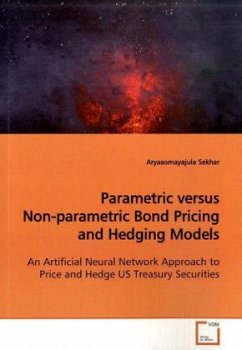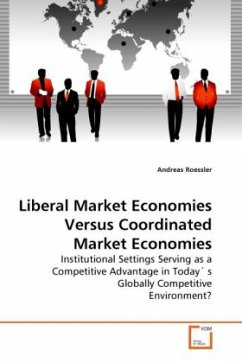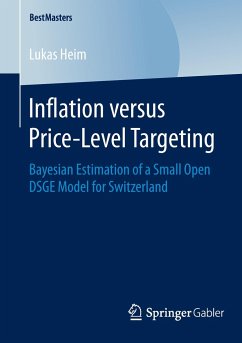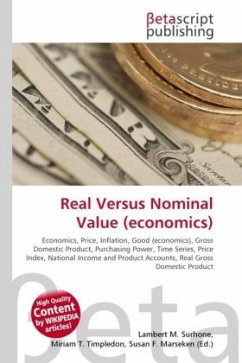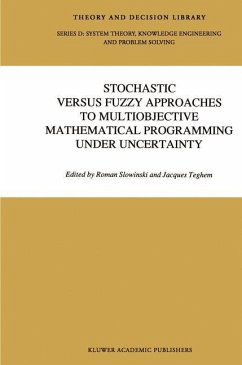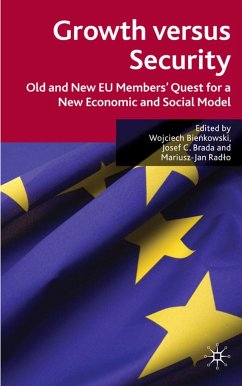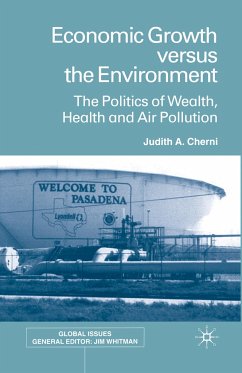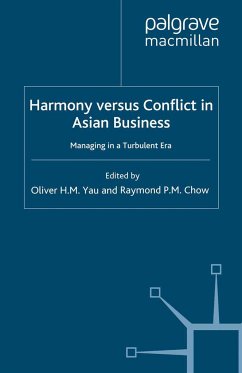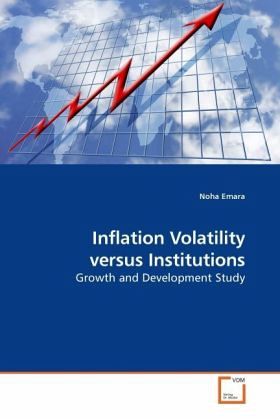
Inflation Volatility versus Institutions
Growth and Development Study
Versandkostenfrei!
Versandfertig in 6-10 Tagen
45,99 €
inkl. MwSt.

PAYBACK Punkte
23 °P sammeln!
This book contributes to the debate of policies or institutions by separately quantifying the long-run welfare effects of policy--in particular, monetary policy--versus the long-run welfare effects of institutions. The results show that although institutions contribute more to welfare in the long- run, the significant role of monetary policy which is not stemmed from the underlying institutions cannot be minimized. An important policy implication of this study suggests that developing economies can get larger welfare gains from improving their institutions than from reducing inflation volatili...
This book contributes to the debate of policies or institutions by separately quantifying the long-run welfare effects of policy--in particular, monetary policy--versus the long-run welfare effects of institutions. The results show that although institutions contribute more to welfare in the long- run, the significant role of monetary policy which is not stemmed from the underlying institutions cannot be minimized. An important policy implication of this study suggests that developing economies can get larger welfare gains from improving their institutions than from reducing inflation volatility. This policy implication does not overlook the role that can be played by the monetary policy in growth, but improving institutions has couple of positive welfare effects: a direct effect through reducing the resource waste in the economy, and an indirect effect that acts through the institutions impact on reducing the damage of inflation volatility on growth. Furthermore, this policy implication is intuitive in the sense that reducing inflation volatility is costly on output, while improving financial institutions is a cost free policy.



